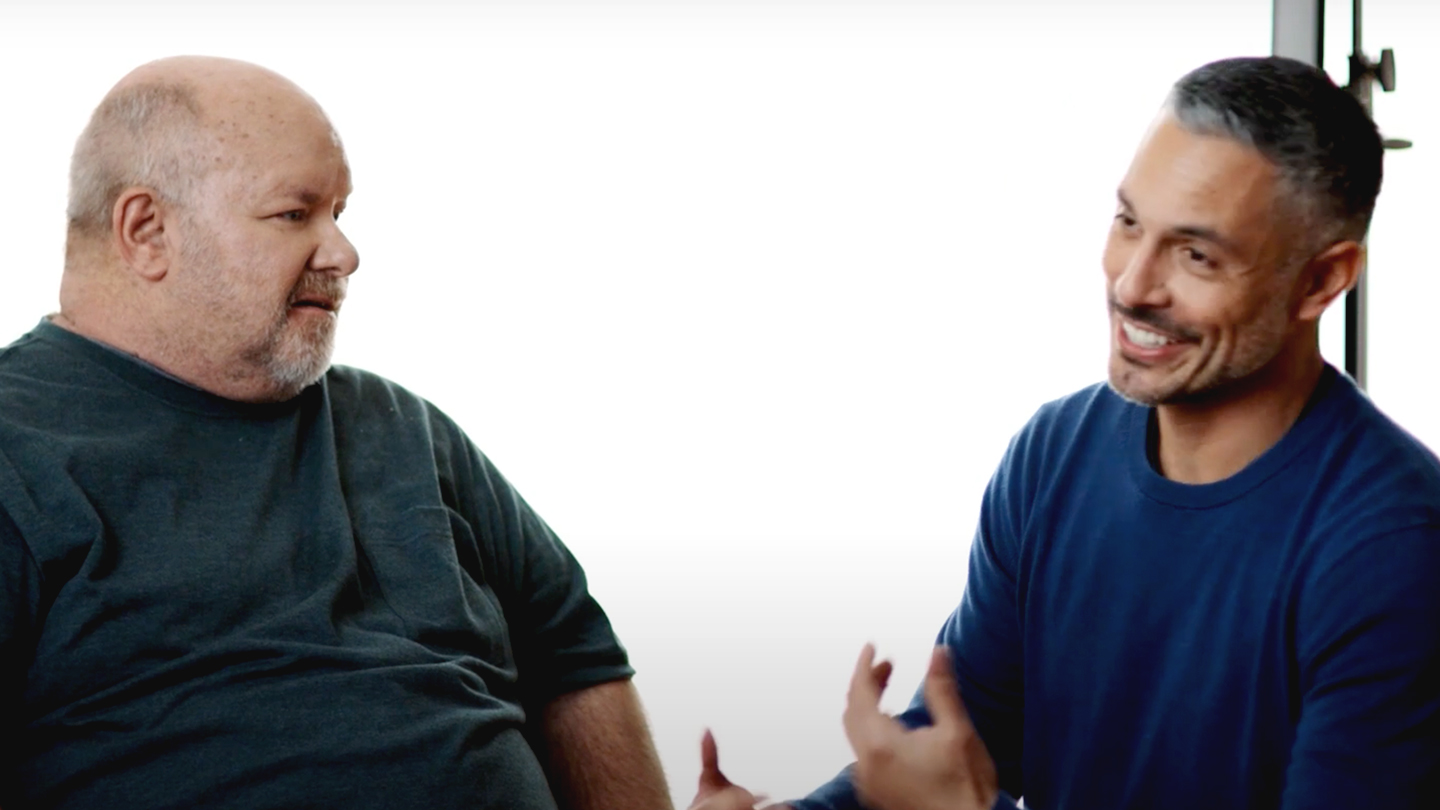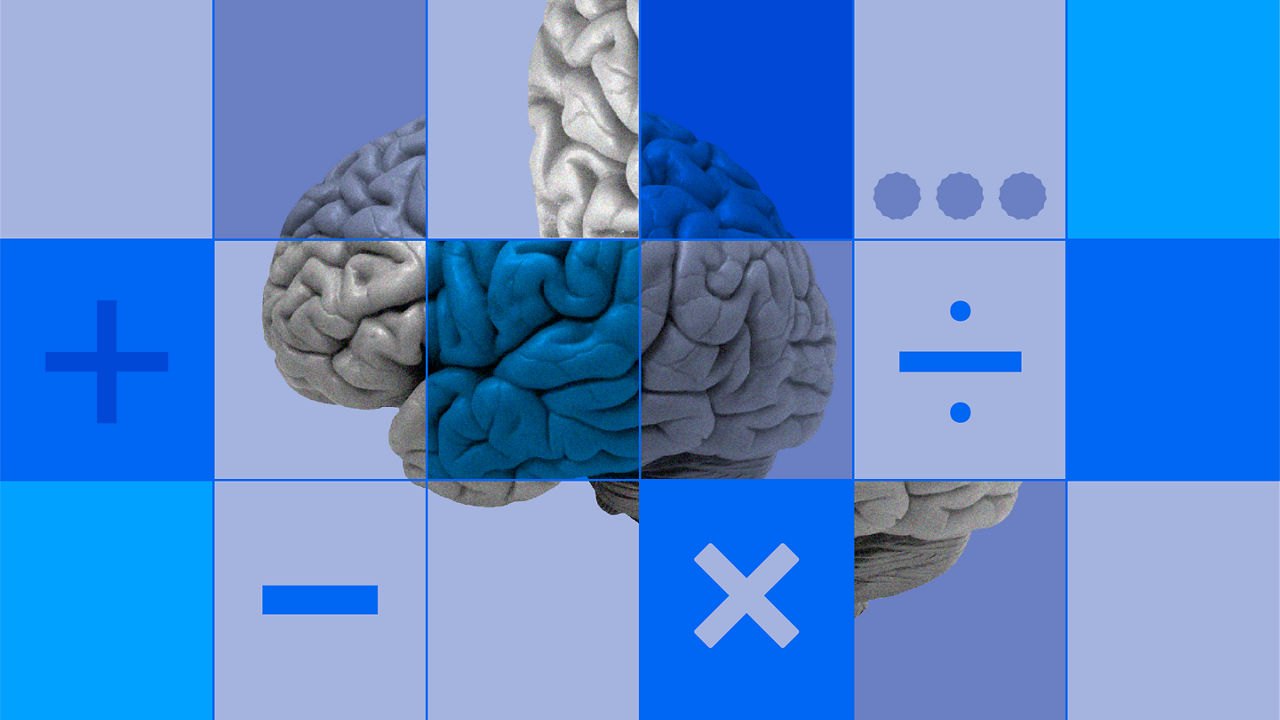How Can We Offer New Hope People with Parkinson’s Disease?
The ongoing search for an answer sparked this doctor’s decades-long career in neurodegenerative disease research.
A passion for the brain
At first, he may not have been the eager student in the first row in medical school, but Maurizio Facheris, M.D., had known he was interested in science, genetics and biology since high school. The Italian-born doctor believed that medicine allowed him to combine those interests with helping others. Initially, he thought his calling was as a cardio surgeon, but learning about the heart didn’t evoke the passion he felt when he sat in a different lecture. That lecture was about the brain.
“For neurology, it was such a fascinating topic. Everything we feel and what we process comes from the brain,” Facheris says. “It’s not really your gut. It’s the brain and a bunch of neurotransmitters that create a thought, a feeling, or a movement. I just fell in love.”
For the first time, Facheris says, he was in the front row. Later, during his medical residency in Milan, Italy, he took interest in neurodegenerative disease research, Parkinson’s specifically. Parkinson’s disease is a neurodegenerative disorder where neurons in the brain lose their ability to produce dopamine, which leads to muscular rigidity, tremors and slowness of movement.
More than 10 million people worldwide are living with Parkinson’s disease, according to the Parkinson’s Foundation, with new diagnoses expected to rise along with an aging population. The need for continued research and effective treatments served as motivation for Facheris, who watched both his uncle and his close friend, only 36 years old, struggle with the disease.
“I thought if we could stop those neurons from dying and make them regrow, we could restore their function and, for example, help patients regain control of their movement,” Facheris says. “That’s compared to Alzheimer’s, where the main work is focused on preventing further degeneration. Once the neurons that created a memory are gone, that memory is gone forever, as well as the personality of that patient, even if we could put in new neurons.”
Embarking on an urgent mission
By the early 2000s, Parkinson’s was more recognized and understood thanks to a few high-profile patients. In 1998, actor Michael J. Fox announced his diagnosis and two years later, he started a foundation with a single, urgent mission: to eliminate Parkinson’s disease.
During this time, Facheris was busy with medical research and treating patients as a research fellow at the Mayo Clinic in Rochester, Minnesota, and then back home in Italy at a local hospital, where he joined a consortium supported by a Michael J. Fox Foundation (MJFF) grant. This involvement led to a job opportunity with the Foundation itself, where Facheris leveraged his experience as a physician and researcher.
“Through the Foundation, I met many patients and heard how the disease was impacting their daily life,” he says. “People with Parkinson’s wanted to sleep better, move better. Their hopes were for a cure so they could have their lives back.”
One such patient is Barry, who lives in Nebraska in the United States and was diagnosed with Parkinson’s in 2012. Although his disease is well-managed through medication, he says that no one understands better the urgency associated with advancing research and treatment than patients. “We all want the solution now.”
A career move to reach thousands more
Always knowing Parkinson’s patients want a cure, Facheris took a role as medical director in neuroscience development at AbbVie. “I like that, here at AbbVie, we’re looking at the patients from the very beginning to the very advanced stages of the disease.”
“Progress toward a Parkinson’s cure requires many talented, passionate people working together,” added Todd Sherer, Ph.D., MJFF’s executive vice president of research strategy. “We at the Foundation are grateful to Maurizio for the contributions he is making toward our shared goal of a world without this disease and glad that we can still work with him closely.”
More than 20 years after falling in love with neurological research, Facheris is hopeful for the thousands of patients he’s connected with during his career. He says scientists have a better understanding of what’s happening within the proteins of the brain and how they could target them to help slow down the progression of the disease.
“When I came to AbbVie, I thought of my friend and of those 1,500 Parkinson’s patients I would see as a physician in Italy. I think of the patients I met while in the nonprofit sector, and I know here I can reach hundreds of thousands of people,” says Facheris. “Where we are today, I can say in my lifetime we will find an answer to modify Parkinson’s disease and slow progression and for that I’m excited and hopeful.”
Media inquiries:
Email: [email protected]


